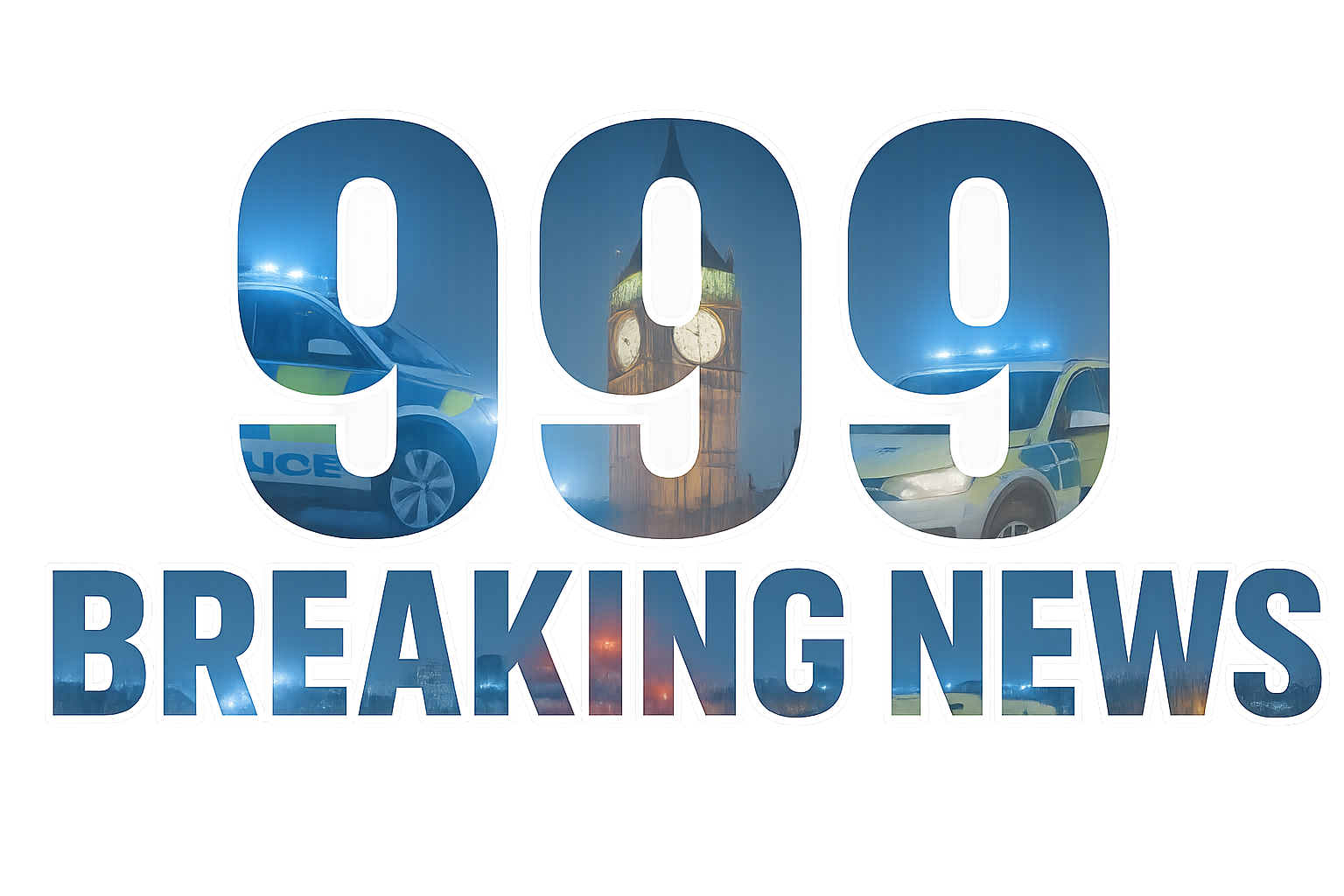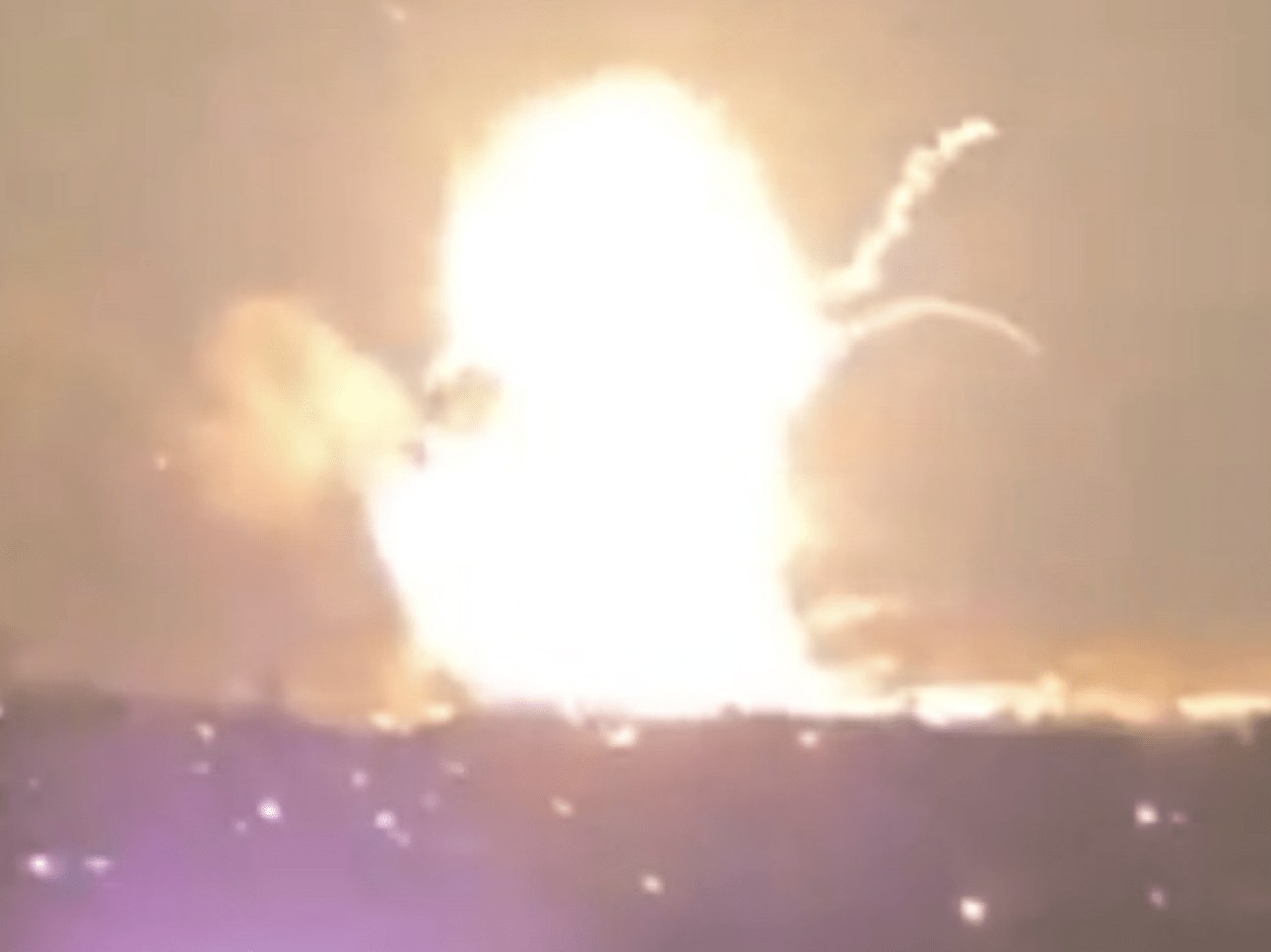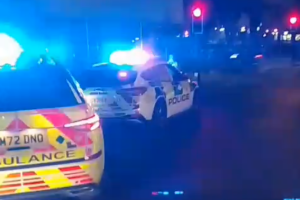The UK has issued a stark warning against rushing into a poorly structured peace deal between Russia and Ukraine, stressing the far-reaching geopolitical consequences of such an agreement.
In a joint opinion piece published in the Daily Telegraph, Foreign Secretary David Lammy and Defence Secretary John Healey cautioned that a hasty resolution could embolden Vladimir Putin and destabilise European security.
Putin’s History of Aggression
The ministers highlighted Putin’s long-standing pattern of territorial expansion, drawing comparisons between Russia’s interventions in Georgia (2008) and Ukraine (2014).
“For 20 years, Vladimir Putin has been repeating the mistakes of Russia’s past,” Lammy and Healey stated. “Any Russia-Ukraine peace deal must address these historical patterns of aggression.
The UK’s warning comes amid increasing military tensions and fears that Russia could use a flawed peace deal to regroup and prepare for future offensives.
UK’s Long-Term Commitment to Ukraine
The UK government has reinforced its unwavering support for Ukraine, having signed a historic 100-year partnership with Kyiv, signaling an unprecedented long-term commitment.
Additionally, Britain has expanded its financial support to £15 billion, with innovative funding mechanisms utilising frozen Russian assets.
Europe’s Leading Role in Supporting Ukraine
Recent analysis reveals that European nations now account for nearly two-thirds of all aid to Ukraine, with military assistance making up more than half of the total support.
NATO Unity Strengthens Defence
The ministers’ warning coincides with unprecedented NATO unity. In 2021, only six member states met NATO’s 2% defence spending target—a number that has now risen to 23 members.
Economic Impact and Sanctions
The economic consequences of Russia’s invasion have been severe:
- Global GDP shrank by 1.5% following Russia’s full-scale invasion in 2022.
- European inflation rose by 3%, further straining economies across the continent.
- The Peterson Institute for International Economics warns these effects could persist for years if a strategic peace deal is not implemented.
The UK has imposed tough sanctions on Russia, targeting over 100 ships and major energy firms, including Gazprom Neft and PJSC Surgutneftegas.
Maritime Security Concerns
As tensions continue, the Royal Navy has been actively tracking Russian warships near British waters.
The vessels, believed to be returning from operations in Syria, remain heavily armed and are under close observation by British forces.
Global Implications Beyond Europe
Lammy and Healey also stressed that the outcome of a Russia-Ukraine peace deal will be closely watched by global adversaries.
- China, Iran, and North Korea are observing how the West responds, potentially shaping their future military and geopolitical strategies.
A Future Security Framework
For peace to be sustainable, the ministers outlined several key security measures:
✔️ Enhanced European defence capabilities
✔️ Continued US commitment to NATO
✔️ British military support in the Indo-Pacific through AUKUS and other alliances
Ukrainian Resilience and International Backing
As the war nears its third anniversary, Ukraine has demonstrated extraordinary resilience in the face of continued Russian aggression.
The ministers praised Ukraine’s “astonishing tenacity” and urged global leaders to maintain unwavering support.
Looking Ahead
The UK’s message is clear: Any Russia-Ukraine peace deal must be approached with caution to ensure it does not pave the way for future aggression.







































